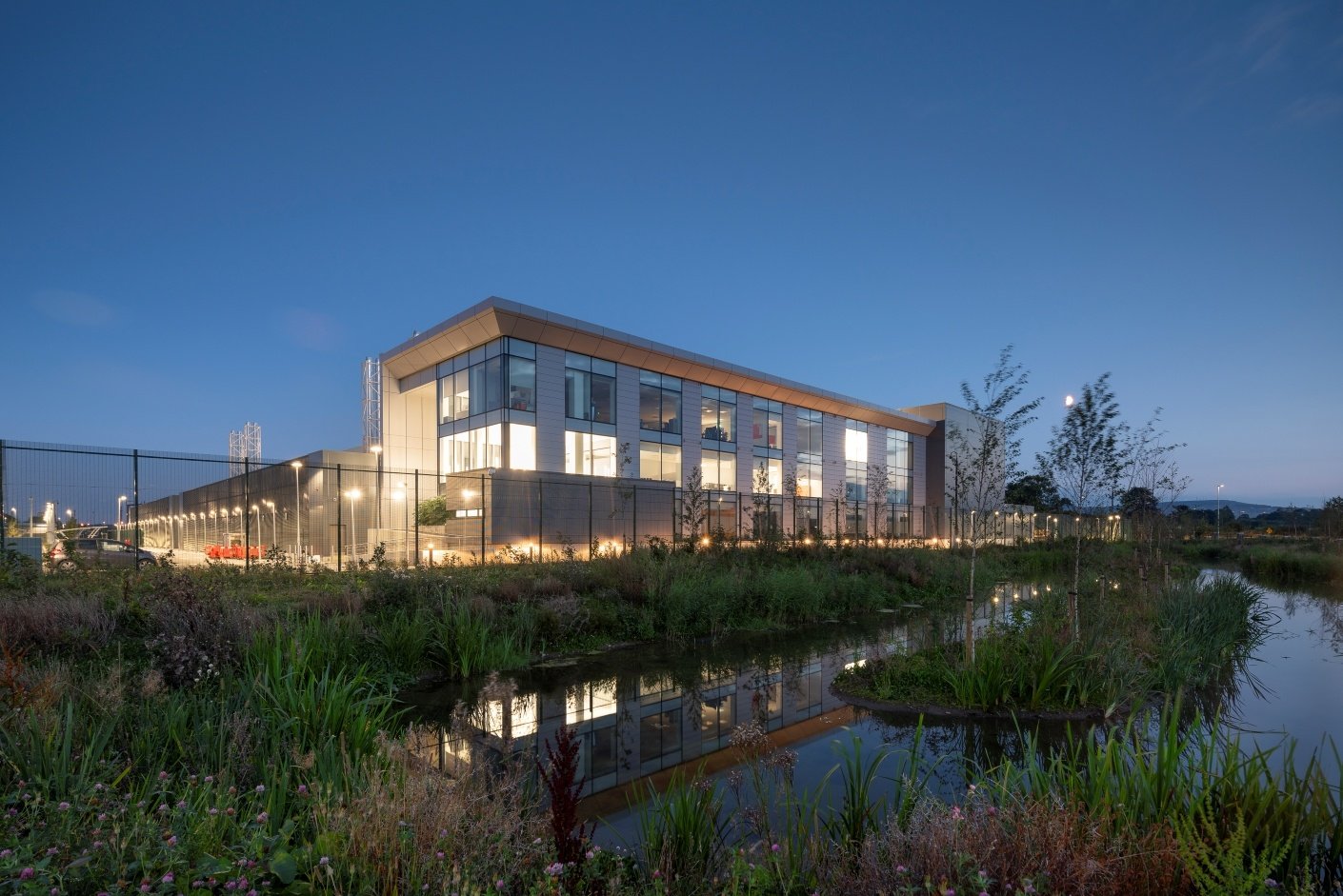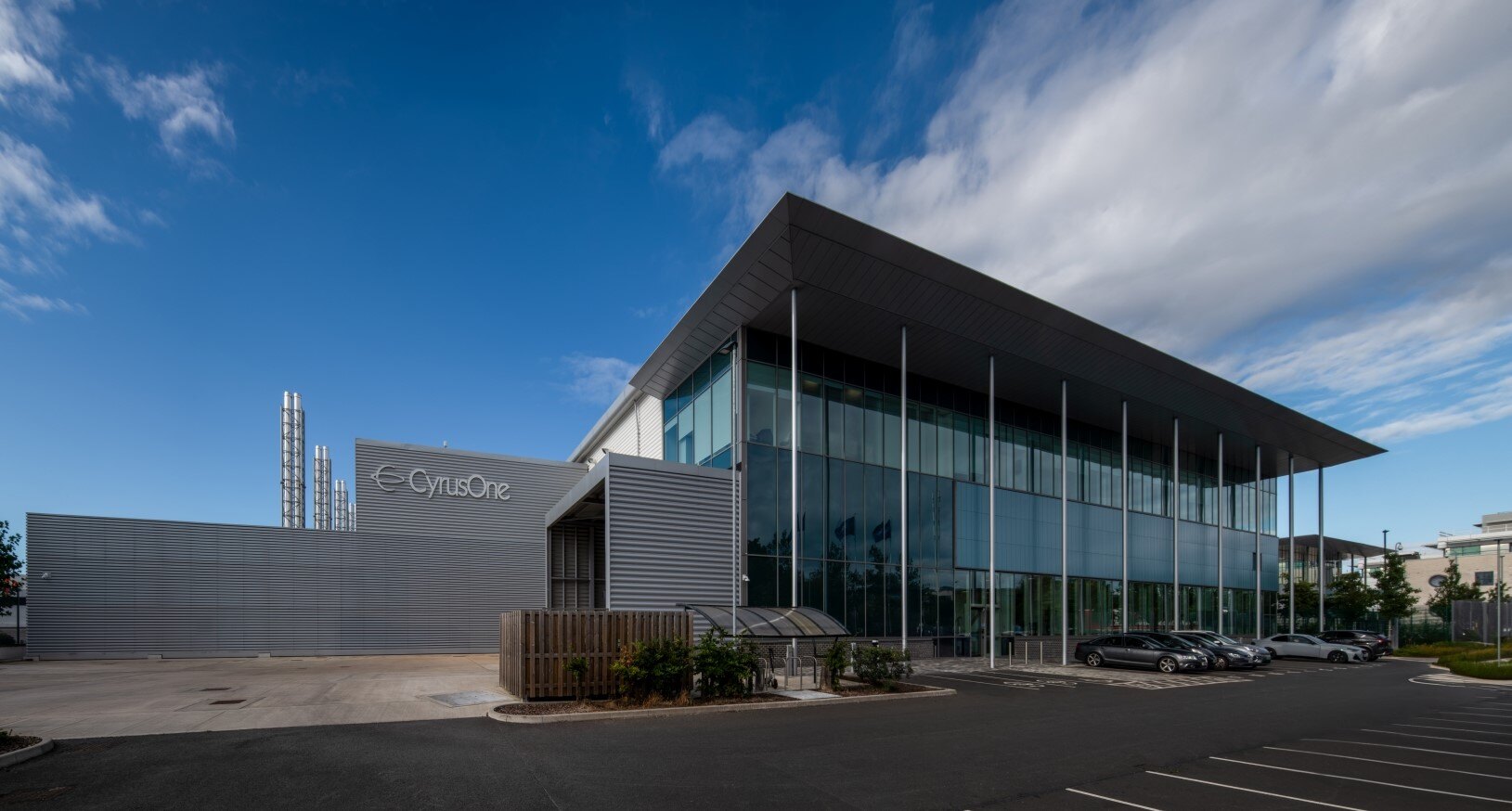Typically, the initial questions CyrusOne receives when approached about providing colocation services to customers are related to power, as it is a critical consideration. As more businesses are increasingly turning to colocation services to meet their data storage and processing needs, we have identified five key power considerations to expedite the process and help your team make informed decisions:
1. Redundancy and Reliability: When it comes to power in a data center, redundancy is non-negotiable. Power requirements and needs will greatly vary for every customer. When thinking about redundancy, customers have different needs and requirements (N,N+1,N+2C,and beyond). A colocation partner needs to be able to provide that flexibility. A simple way to look at redundancy is that it's like the spare tire analogy. N+1 means you have some level of failover if something were to happen to that one cord. This could be because of a component failure or maintenance. Think of a spare tire on your car. The four wheels are N, and the spare tire gives you N+1. If you required two spare tires it would be N+2. If you needed a spare tire for each tire, meaning all four were to blow out and you could replace all four, that would be 2N.
The same applies to reliability and system utilization. What was once a one-for-one system could now be as high as one-for-12. A reliable colocation provider should have multiple power sources, backup generators, and uninterruptible power supply (UPS) systems in place. This ensures that in the event of a power outage, your critical operations continue without a hitch. Ask your potential colocation partner about their power redundancy measures to guarantee the utmost reliability for your business.
2. Scalability and Futureproofing: As your business grows, so will your power requirements. It's crucial to choose a colocation provider that can scale its power offerings to accommodate your expanding needs. A forward-thinking approach to power scalability not only ensures your current requirements are met but also allows for seamless growth without the need for costly infrastructure changes. Ask about the provider's ability to adapt to your evolving power demands as your business evolves.
3. Energy Efficiency and Sustainable Energy: Sustainability is an integral part of corporate responsibility. Beyond minimizing your environmental impact, opting for an energy-efficient data center can lead to cost savings. Many businesses now have corporate sustainability goals around renewable energy and carbon footprint reduction. Inquire about the colocation provider's commitment to green practices, such as using energy-efficient technologies and opportunities to consume renewable energy. Also, ask for information on power usage effectiveness (PUE) a metric that indicates how efficiently a data center uses its power.
4. Power Density and Allocation: Different businesses have different power density requirements. Some may need higher power density for performance-intensive applications, while others may require more moderate levels. Understanding your density requirements is a critical part of the customer design process. Taking this step for granted can lead not only to inefficiencies but also to IT failures. A reputable colocation provider should offer flexible power density options and provide guidance on finding the right balance for your specific needs.
5. Transparency and Visibility: To make informed decisions about your colocation power, you need access to real-time data and insights. A transparent colocation provider will offer robust monitoring tools,allowing you to track power usage, anticipate future needs, and identify potential issues before they impact your operations. Inquire about the level of visibility you will have into your power usage and the tools available for monitoring and managing your power resources.
CyrusOne's OpsInsight is one such offering. OpsInsight provides real-time data center reporting and monitoring. OpsInsight offers 24/7 real-time visibility and transparency into data centers, with telemetry data streamed directly to the customer's systems for maximum convenience.
CyrusOne is poised to be your strategic partner delivering a colocation solution that will positively impact your business's performance and reliability. As a leader in data center operations and management, CyrusOne is setting the standard for power considerations, prioritizing redundancy, scalability, energy efficiency, power density, transparency, and sustainable colocation partnerships. Our team would enjoy the opportunity to discuss our colocation offering as we leverage our expertise and world-class data centers to empower your business for growth and resilience in the dynamic digital landscape.
To talk to a CyrusOne expert who can help you get started, click the Contact Us button below.
 by
by 


